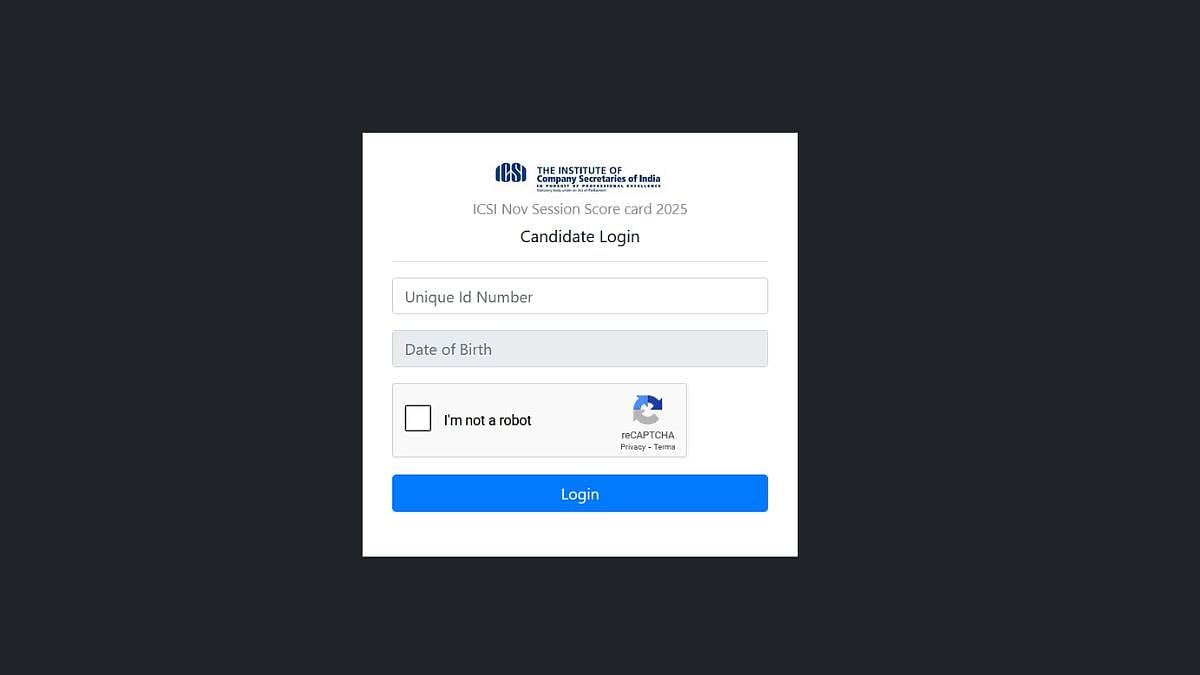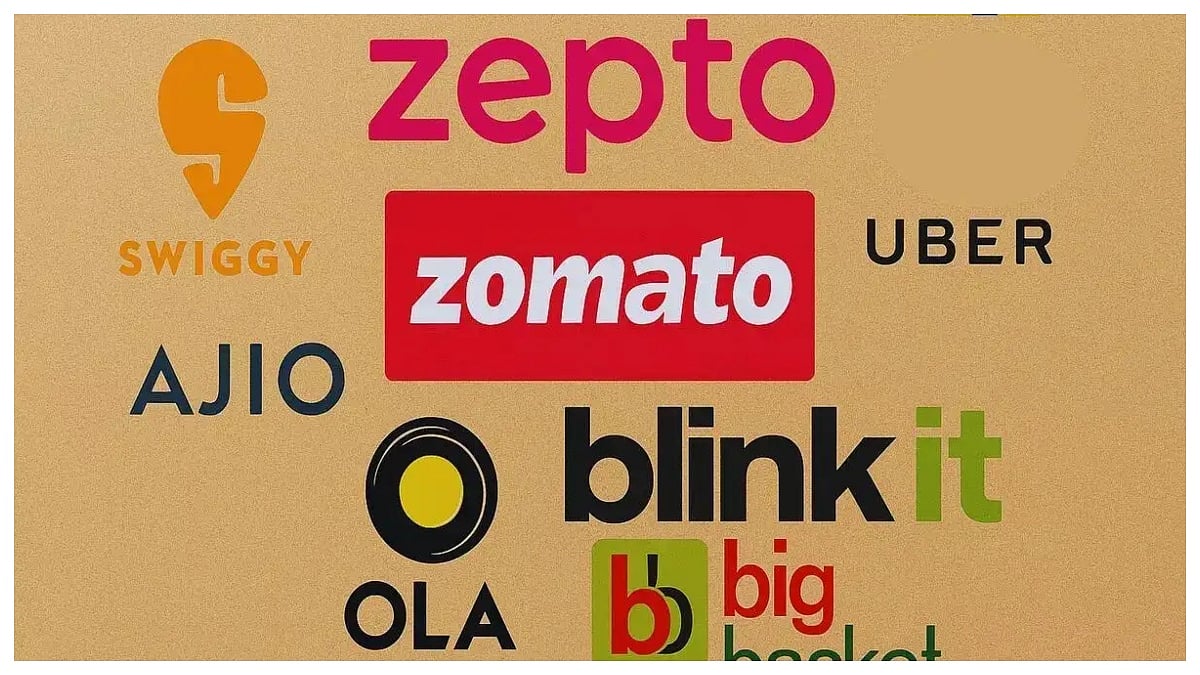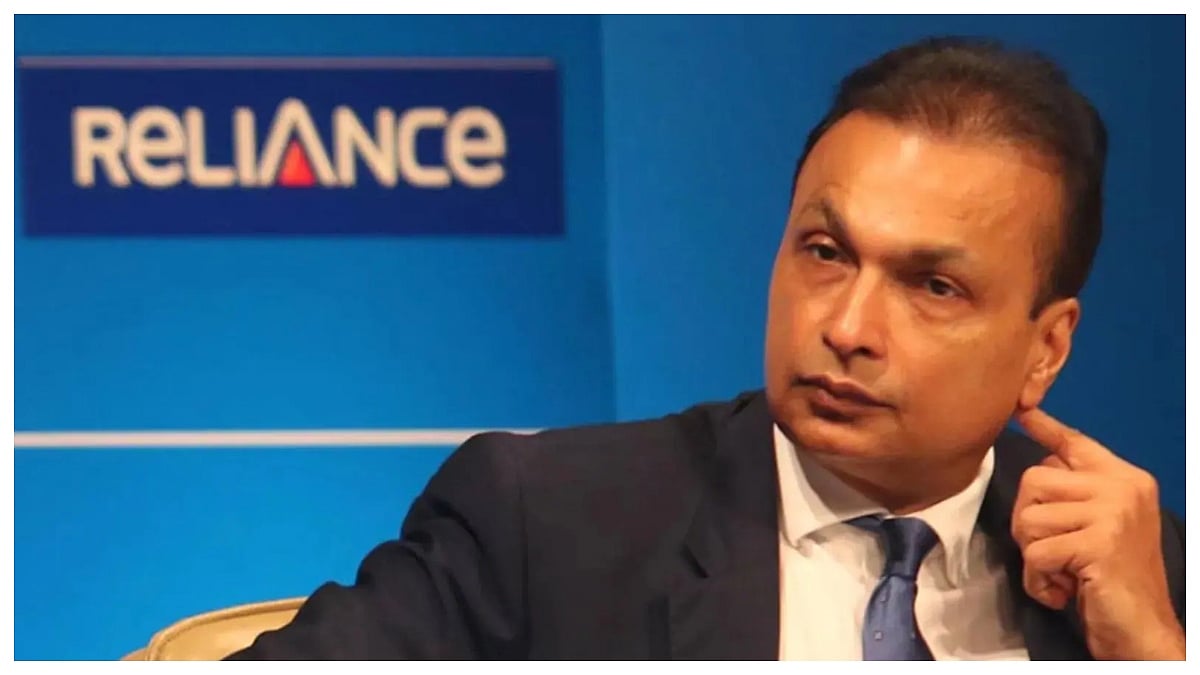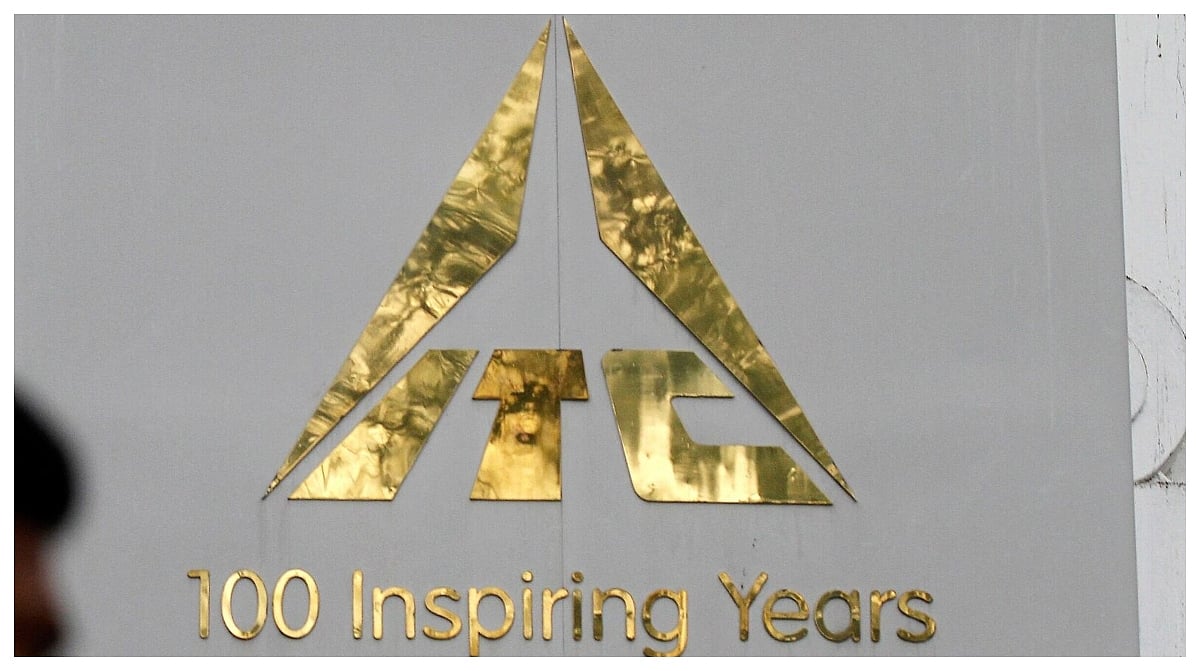When it comes to investing, most newbie investor prefer direct investing. This has been reflective over the last two years, when equity markets have been on an uptrend, there has been a significant rise in the number of demat accounts opened. However, in this rush the question to ponder over for these newly minted investors is — are you factoring in the risks involved?
Time and again historical market trends have clearly shown that whenever an asset class has significantly rallied from its lows, that asset class tends to become volatile at higher levels. Currently, with markets turning volatile owing to various global and geo-political developments, it is very likely the new investors may be caught off-guard, leading to a negative investment experience. Furthermore, if you are investor in a sector which has gone out of favour, sometimes recovering the money invested itself becomes a challenge.
This brings us to the question, is there a better way to invest for such direct investors? The answer to this could be in the form of exchange-traded funds or ETFs. Most of the ETFs available in the market are based on index funds i.e. they hold the same securities as a stock market or bond market index and that too in the same proportion. For example, a Sensex based ETF will hold all the Sensex 30 stocks in the same proportion as the Index. Unlike direct investing, where you buy a single stock, when you invest in an ETF, you are effectively buying a basket of stocks.
Since these ETFs like shares are listed on the exchanges, you can buy or sell ETFs just like placing a stock order at any time of the trading hours. So, how does this help an investor?
To begin with unlike buying a single stock, ETFs have a wide variety of stocks as underlying investments making it relatively less volatile than an individual stock. So, when investing with a long term view, ETFs tend to provide better risk-adjusted experience. Another major advantage is that there is no worry of stock selection. It is very likely, investors who are new to the equity investing may get carried away by tips and invest heavily which most often lead to disappointing outcomes.
Also, one need not worry about ensuring that the portfolio is diversified such that the perils of concentration risk can be kept at bay. Finally, ETFs have another advantage i.e. they are low-cost in nature, when compared to the cost incurred when buying and selling individual stocks.
When considered all of the above mentioned aspects, ETFs emerge as one of the simplest ways to take exposure to equities in a disciplined manner. At the same time, an investor has the flexibility to buy and sell holdings with ease. So, if you are a new or a first-time investor and is wondering how to navigate through the volatile equity markets, ETFs emerge as an optimal investment option.
To conclude, when compared with direct investing, ETFs can help provide exposure to a diversified portfolio at a low-cost and in a convenient manner, making it one of the simplest ways to gain exposure to equities.
(The writer is Head Product & Strategy at ICICI Prudential MF)












